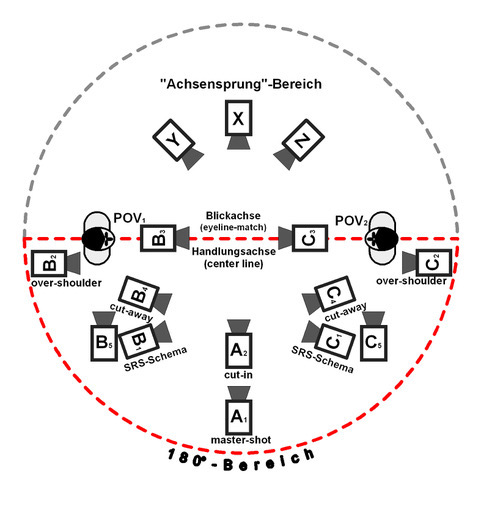2022 | 07.-10. November | 12:00-17:00 pm.
Goethe Institute in Georgia
Zandukeli St.16
0108 Tbilisi, Georgia
Front line club
Lado Asatiani str. 62
0105 Tbilisi, Georgia
Speaker – Hans Beller (Ludwigsburg)
An event organized by the Sa.Ga. Publishing for Society, the Goethe Institute Georgia, and BA Program in Audio-Visual Arts (AVA) at GIPA
Since the digital turn of the 90s, the working world of editors has changed radically due to the possibilities of digital editing systems. What do the work-technical, creative, and dramaturgical strategies of editing look like today? Which experiences of classical film editing are still valid? Which formerly ironclad rules have become obsolete, such as Hollywood's commitment to the illusionistic "invisible cut"? How have rough cuts, direct editing, and jump cuts changed our viewing habits? Has the classical dramaturgy, for example between Eros and Thanatos, also changed as a result of technological innovation? How do today's montage patterns react to the specifications of changed camera work, with techniques such as GoPro, multi-copter cameras, and even "non-camera generated images"? How has the frequency of editing changed in recent years, what has become of "editing storms"? How does the media cross over between scenic (fiction) and documentary (nonfiction) also affect authenticity debates and "fake news"? The focus will be on the micro-analysis of sequences, both in the fictional and nonfictional fields.
The workshop will impart creative and theoretical knowledge by contrasting classic and new methods of editing, illustrated by film clips from film and television history and other platforms. And reflected upon through impact analysis. It is aimed at all interested media creators whose motivation goes beyond the operating of the editing software, who do not allow themselves to be dictated editing solutions by the software, but who want to creatively design time-based media themselves with energy. It is about the joy of trying things out and the art of editing.
At the end of the workshop, about 7-10 minute film clips will be analyzed by students and participants.

